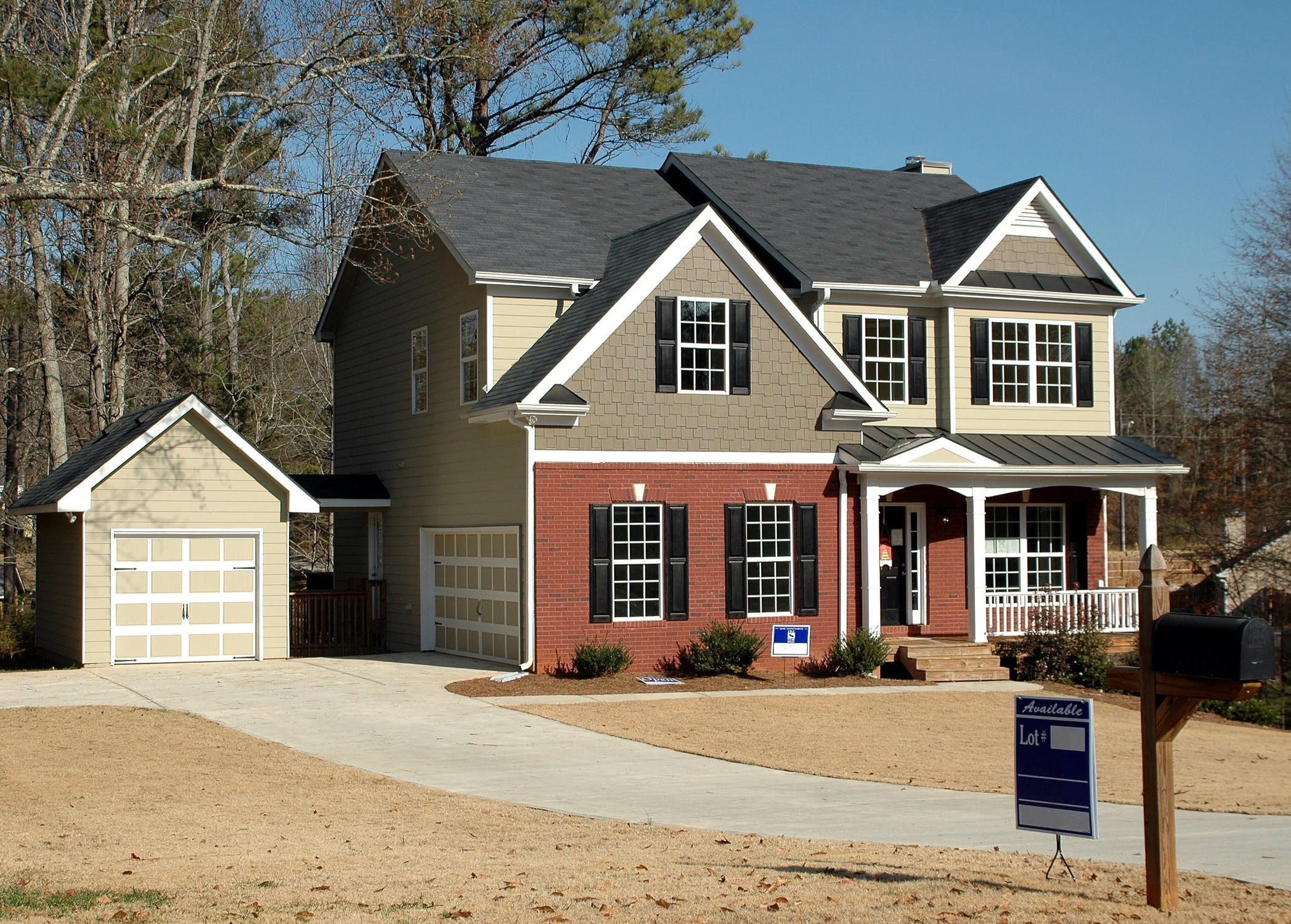5 Tips For Buying Your First Rental Property
Real estate is a great industry to invest into, capable of generating a fantastic amount of either sole, or side income.
However buying your first rental property should be treated like any other substantial investment – it must be safe, with risks and pros and cons taken into consideration.
Doing your research can protect you from encountering problems or costly repairs later down the line, so for a first time real estate buyer: Here are the most important things you should research and consider.
1. Being a Landlord is a Responsibility
When you purchase a property and then list it for renting, you automatically take on the huge responsibility of being a landlord.
This means repairs, maintenance and any property problems automatically fall to you. If you don’t know your drywall from your plasterboard, and you haven’t a clue how to change a lightbulb or unclog a pipe, you’ll need to rely on handymen or experienced property managers.
Whilst having a good team of reliable contractors is advised, each call out will incur a fee. Enough of these will eventually start eating into your starting profits.
This expense is the reason most landlords choose to undertake repairs themselves in the beginning. However, if you’ve chosen an older property that could require many repairs and a lot of maintenance, that also eats into your time.
To avoid costly call outs and neverending maintenance, make sure that you either possess some knowledge of general property maintenance, or that the property you are purchasing is relatively new, with no major problems to report.
2. Location is everything
Once you’re ready to buy your first property it can be extremely tempting to rush out and snap up the first good deal you see. Especially in the current climate where most tours are virtual and the listings are primarily online.
With online listings or virtual tours, you won’t get an idea of the property’s location and this is an essential thing for all real estate owners to be aware of.
Areas that have many empty shops, abandoned or decrepit buildings, or are too far removed from nightlife, retail areas, leisure time and transport links are likely to be hard to charge good prices for, and even hard to attract tenants into.
Therefore make sure that the location around the property has low taxes, with good transport links, nearby schooling and leisure, plus amenities like parks, restaurants and theatres. Low crime rates and growing job opportunities are also desirable, and can make big impacts on tariffs charged.
1. Evaluate whether to buy, or finance
Most new landlords face the dilemma as to whether to purchase outright their property or whether to finance it.
There are benefits to both, so it is entirely dependent on your personal financial situation and goals.
Purchasing outright can generate positive monthly income. For example, a cash buyer could see £9,500 received in annual earnings, or a 9.5% annual return, on a property that costs £100,000 to purchase once rental income, taxes, income tax and depreciation have been calculated.
In comparison, financing a property can also provide good returns. For example, an investor who puts down 20% on a house could see earnings of around £5,580 per year once a 4% mortgage rate, operating expenses and additional interest have been calculated.
Whilst cash flow is slightly lower for the investor, their 27.9% annual return on the original £20,000 works out much higher than the outright purchasers 9.5% in the long term.
2. Calculate expenses and unexpected outgoings
Operating expenses against your new property will likely result in around 35%-80% of your gross operating income.
For example, a landlord charging £1,500 for rent, but whose expenses tot up to £600 a month will see 40% operating expenses.
An easier way to calculate this is to use the rule of 50%. If you’ll be charging £2,000 rent per month, budget your operating expenses to the tune of £1,000.
Likewise, maintenance costs, operating expenses and upkeep costs won’t be the only things taking chunks out of your income.
Emergencies like roof repairs, burst pipes or unforeseen damages could easily account for at least 20-30% of a landlords rental income. Plan to set aside at least this as a buffer fund for dealing with unpredictable repairs.
3. Know Your Legalities
Landlords and property owners must be familiar with the landlord and tenant laws in their area. As guides to block property management recommended, half of being a successful landlord is partly thanks to forming good relationships between tenants and landlords, and one way to do this is to make sure that both parties are protected.
Making sure you have a full understanding of tenant rights and landlord’s obligations regarding security deposits, eviction rules, fair housing and more can save costly and stressful situations further down the line.

